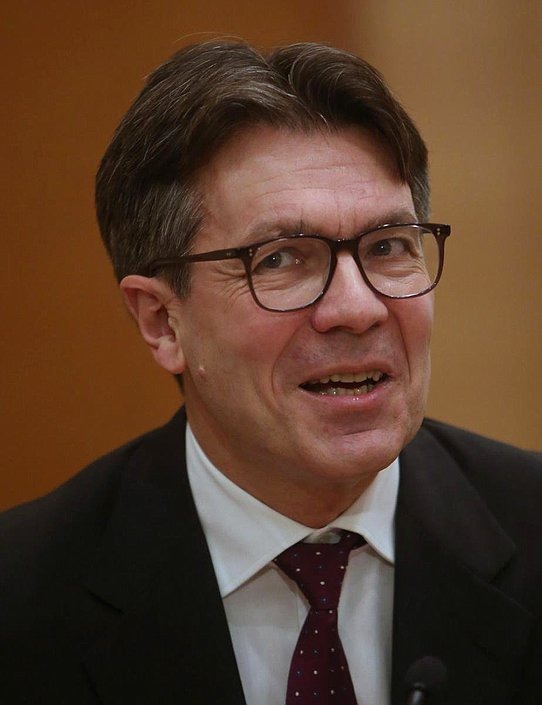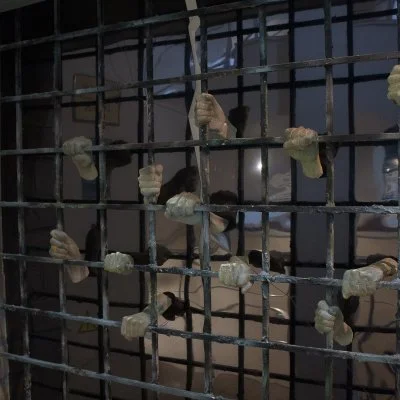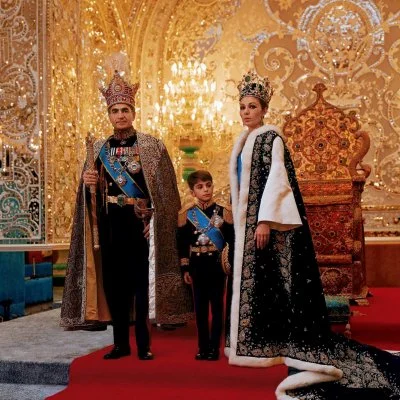Author

Sergey Nikolaevich
More from this Author
© QALAM 2025. All rights reserved
Certificate of Registration for a Periodical Publication, Information Agency, and Online Publication No. KZ25VPY00077761. Issued on September 15, 2023, by the Information Committee of the Ministry of Information and Social Development of the Republic of Kazakhstan.


